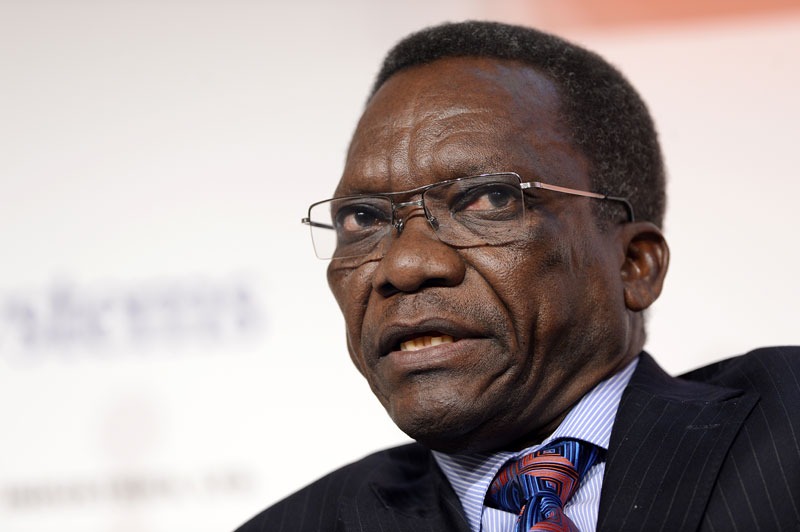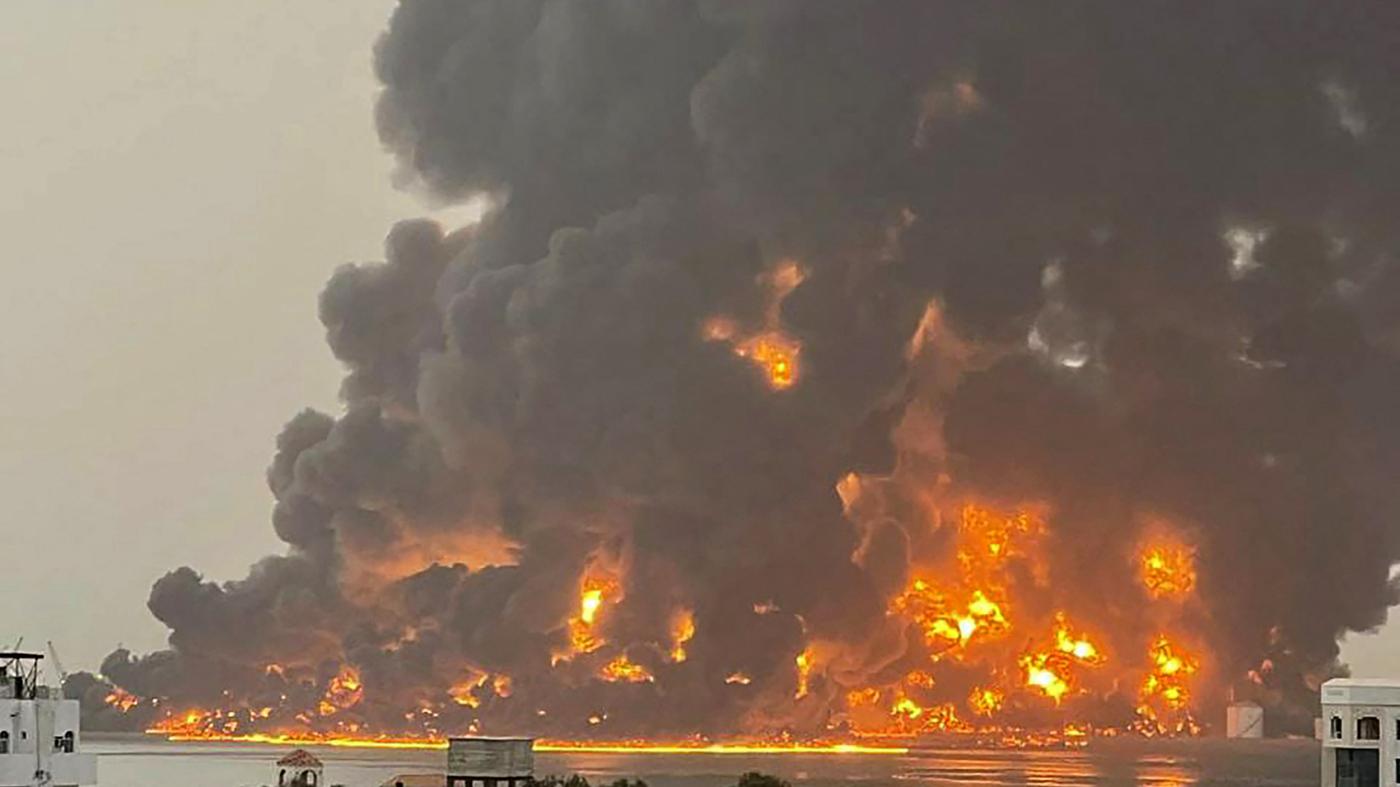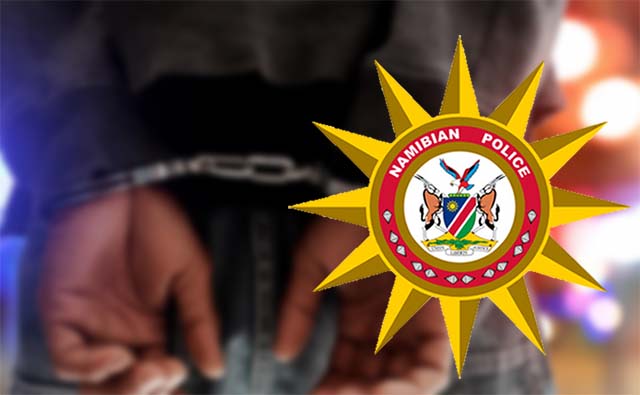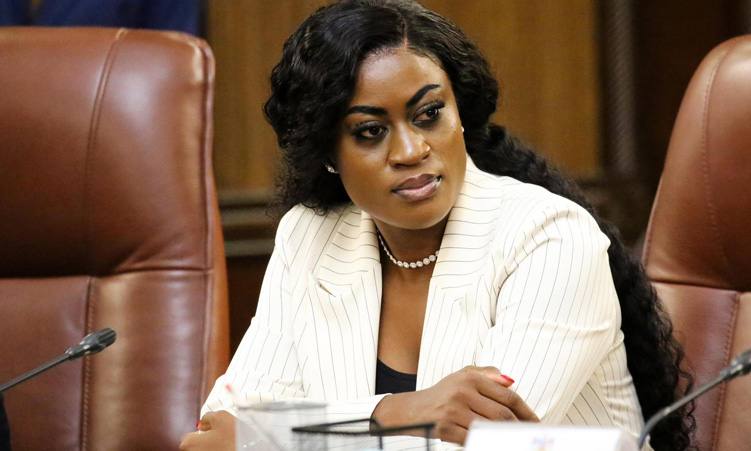t is my honour and privilege to welcome you all to the official launch of the Southern African Development Community (SADC) Electoral Observation Mission (Seom) on behalf of her excellency Samia Hassan, the president of the Republic of the United Republic of Tanzania, and the chairperson of the SADC Organ on Politics, Defence and Security Cooperation.
As per the long-standing tradition among SADC member states, we are here at the invitation of the government of the Republic of Botswana to observe its general elections on 30 October 2024. Our presence here today is an act of solidarity that is invariably reciprocated.
Distinguished guests, the SADC observes elections in its member states, based on the Revised SADC Principles and Guidelines Governing Democratic Elections (2021).
All SADC member states have affirmed their commitment to implementing these principles and guidelines. The principles and guidelines provide an objective and scientific methodology for observing elections to contribute to the consolidation of democracy in the region by enhancing best electoral practices and addressing any electoral shortcoming. The principles and guidelines are also informed by key instruments of the African Union, such as the African Charter on Democracy, Elections and Governance of 2007, as well as the relevant Conventions of the United Nations (UN).
In compliance with the provisions of the SADC Principles and Guidelines Governing Democratic Elections, and the SEAC Structures, Rules and Procedures, the SADC Electoral Advisory Council (Seac) undertook a pre-election goodwill assessment mission to Botswana from 22 to 29 April.
The objective of the mission was to assess whether the political and security environments in the country were conducive to holding elections in conformity with the principles and guidelines, whether the legal framework governing the elections is in place, whether the delimitation of the constituencies or boundaries was done in accordance with the law of the country, and whether the Independent Electoral Commission (IEC) of Botswana is prepared to conduct democratic elections.
This process included interactions with stakeholders from a cross-section of Botswana society, including political parties, civil society organisations, electoral experts, faith-based organisations and the diplomatic community.
We also pay particular attention to the constitution and electoral laws of the Republic of Botswana. It is also necessary to explain that based on these national legal instruments, the SADC Electoral Observation Mission will assess the conduct of the elections against a set of central principles that are stipulated in the revised SADC Principles and Guidelines Governing
Democratic Elections, such as:
Full participation of the citizens in the democratic and development processes:
(i) Freedom of association, assembly and expression;
Observance of the provisions of relevant legal frameworks in relation to the date or period of elections;
(ii) Measures to prevent corruption, bribery, favouritism, political violence, intimidation and intolerance;
(iii) Equal opportunity for all political parties to access the state media as well as access to information by all citizens;
(iv) Respect for values of electoral justice such as integrity, impartiality and fairness;
(v) No undue restraints against the opportunity to exercise the right to vote and be voted for;
(vi) Independence of the judiciary and impartiality of the electoral institutions;
(vii) To build capacity and empower citizens through civic and voter education;
(viii) Acceptance of and respect for the election results by candidates and political parties as proclaimed to have been free, fair, transparent, credible and peaceful, by the competent and Independent Electoral Commission in accordance with the law of the land; and
(ix) Provision of electoral justice through expedited settlement of electoral disputes as provided for in the law.
All stakeholders must understand that the mandate of the Seom is to determine the adherence of the member state holding elections to the relevant provisions of the Revised SADC Principles and Guidelines Governing Democratic Elections (2021).
In this respect, please allow me to go into some detail for the benefit of all.
To fulfil its mandate, the Seom assesses and evaluates the following, among others:
(i) Whether the legal and constitutional framework guarantees freedom of expression, assembly, association and human rights;
(ii) The structure and model of the electoral system, the Electoral Management Body (EMB), the Electoral Act and regulations, and the nature of civil and political rights and economic, social, and cultural rights.
(iii) The establishment, process of appointment and retention of members of EMBs; in addition to assessing the composition, status, independence, impartiality, professionalism and preparedness of the EMB for the election.
(iv) The SEOM shall ensure that the delimitation of election boundaries was done in a manner acceptable to stakeholders and that the factors that prompted delimitation were in accordance with the laws of the land;
(v) Whether the delimitation process undertaken following national law without undue exclusion of particular groups or political interests;
(vi) The procedures for nomination and provision of reasonable time frames to allow political parties and candidates to comply with the requirements of the registration process;
(vii) The existence of a code of conduct governing all political parties and candidates;
(viii) The neutrality of the security forces in providing election security and the existence of requisite special voting facilities for security forces to enable them to cast their votes;
(ix) The requirements and practices regarding direct and indirect access to the mass media for political parties, candidates, supporters and the general public;
(x) The requirements and practices concerning state-controlled, public, and private media reporting about political parties, candidates, supporters, or opponents;
(xi) The capacity and quality of civic and voter education programmes to afford all prospective voters accurate, comprehensible and adequate information to make electoral choices;
(xii) The extent to which the process enjoys the electorate’s trust, including inclusiveness, accuracy, and transparency, and whether the electorate can own and identify with the process;
(xiii) The appropriateness of locations of polling stations, as well as the adequacy and accessibility of their facilities;
(xiv) The production and distribution to polling stations and storage of ballots and other sensitive election materials;
(xv) The conduct of voting, including assisting voters, counting, tabulating and announcing results; the transparency of procedures and adequacy of safeguards against inaccuracies; and
(xvi) The conduct of procedures and processes concerning electoral complaints and challenges by citizens, prospective voters, and those seeking election, including providing effective remedies for violations of electoral-related rights.
The composition of Seom, which includes the Troika, Seac, Secretariat support staff, and observers, is a total of 72 delegates. The observers come from 10 SADC member states, namely, the United Republic of Tanzania, Democratic Republic of Congo, the kingdoms of Eswatini and Lesotho, and the republics of Malawi, Mozambique, Namibia, South Africa, Zambia, and Zimbabwe. In this respect, the Seom will be deployed to all the districts, towns, and cities of the Republic of Botswana.
We are here to help each other improve the quality of our elections and the quality of our hard-fought struggle for liberty and democracy. At the end of this process, we will issue our preliminary statement for Seom Botswana at this venue on 1 November 2024. The final report of Seom Botswana 2024 will be submitted to the government of the Republic of Botswana 30 days after the closure of the polls.
At the ministerial committee of the organ, the SADC secretariat reports every year in June/July about the following:
(i) Following up on member states to consider and expedite the implementation of Seom recommendations through Seac; and
(ii) Urged all member states to report annually on the implementation of the recommendations of the Seom, including challenges faced and the support required to achieve full implementation thereof.
On behalf of the SADC region and the chairperson of the organ, I call upon all registered voters to turn out peacefully in large numbers to cast their votes on 30 October 2024. In the remaining days to this significant date, SADC also calls upon all to act maturely, respect competing political views, and exercise responsibility in the post-election phase whether or not one’s favoured political party or candidate emerges as the people’s choice.
May I also take this opportunity to invite you all to attend the release of our preliminary statement regarding our observations of the 30 October at this venue on 1st November 2024 at 11h00.
Distinguished guests, on behalf of the chairperson of the SADC Organ on Politics, Defence and Security Cooperation, her excellency Samia Hassan, president of the Republic of the United Republic of Tanzania, I now formally launch the SADC Electoral Observation Mission of the 30 October 2024 general elections of the Republic of Botswana. – Mizengo Pinda, the former prime minister of the United Republic of Tanzania and head of the Southern African Development Community Electoral Observation Mission, on Botswana’s elections, 22 October.
Stay informed with The Namibian – your source for credible journalism. Get in-depth reporting and opinions for
only N$85 a month. Invest in journalism, invest in democracy –
Subscribe Now!










